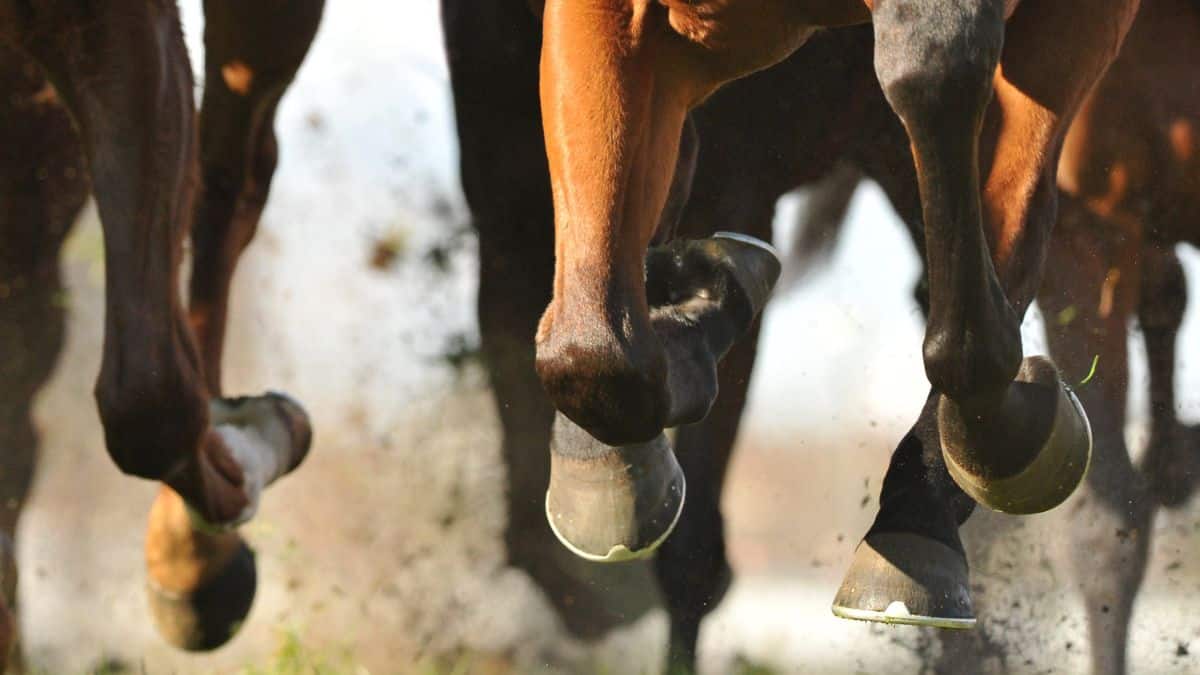As many property owners are acutely aware, land tax assessments for 2023 have included significant spikes in liability due to high property values in 2022. Whilst the market has somewhat stabilized following a consistent increase in interest rates, land tax assessments are yet to align.
Methods to manage your inflated land tax exposures can include restructuring holdings, challenging overstated valuations or taking advantage of exemptions. A key exemption from land tax across Australia applies to our integral farming industry – the primary production land tax exemption. As the name suggests the exemption applies to land used for primary production, subject to certain business activity thresholds being met.
What constitutes primary production in the various states is a highly litigious area. The latest case to consider primary production is the New South Wales Court of Appeal’s decision in CCSR v Godolphin (Godolphin). The case sends a clear message to landowners seeking to rely on the primary production exemption that they need to reconsider whether the activity undertaken on their property evidences that the land is being used for “primary production”.
In this article we explain the relevant exemption, the Goldolphin decision and key takeaways for utilising the exemption.
THE EXEMPTION
The Land Tax Management Act 1956 (NSW) (the Act) provides an exemption from land tax for land that is:
- rural and used for primary production;
- non-rural and used for primary production, but which has a significant commercial purpose or character and is engaged in for the purpose of profit on a continuous or repetitive basis (irrespective of whether a profit is actually made).
In New South Wales, the definition of “primary production” covers six activities including the maintenance of animals for the purpose of selling them or their natural increase or bodily produce. This definition is comparable to Victoria and other states.
In Victoria, the requirement for “significant commercial purpose or character … for the purpose of profit” is instead dependant on the location of the property. Whether the land is in an urban zone in greater Melbourne, in greater Melbourne but not in an urban zone or outside greater Melbourne will dictate the extent to which the primary production activities must be business activities.
THE CASE
Godolphin is a thoroughbred breeding and horseracing business founded by Sheikh Mohammed bin Rashid Al Maktoum, the Prime Minister of the United Arab Emirates. As a successful breeding and horseracing business Godolphin’s horses are regular contenders in major Australian races and secured a Melbourne Cup victory in 2018.
Godolphin concerned two properties in rural NSW which became the subject of a state revenue audit. As a result of the audit, the NSW Chief Commissioner of State Revenue re-assessed the land after determining the primary production exemption did not apply. The Commissioner acknowledged that whilst the land was used for the maintenance of animals, it did not satisfy the further requirement that the animals were maintained for the purpose of sale, or their natural increase or bodily produce.
According to Godolphin, they employ a “breed to race; race to breed” business model, where the two pursuits were “complementary or mutually reinforcing”. Specifically, the two activities were the selling of covering services by stallions (the ‘Sale Purpose’), and the breeding and training of thoroughbred horses, with a view to achieving success in horse racing (the ‘Racing Purpose’).
To satisfy the definition of primary production under the Act, Godolphin argued that the maintenance of the horses for sale, or sale of their offspring, satisfied the definition of primary production. As these activities (the Sale Purpose) were the significant commercial purpose of the relevant parcels of land, the primary production exemption should apply.
The Commissioner instead argued that the business model should be considered as a whole, therefore including consideration of the racing activities which occurred at other properties. In considering this, the Commissioner argued that the Racing Purpose was the dominate purpose of the taxpayer and therefore the exemption should not apply.
Somewhat surprisingly, the Supreme Court initially upheld Godolphin’s objection to the land tax assessment. However, on appeal, the Court overturned that judgement, finding in favour of the Commissioner.
The Court (by majority of 2-1) held that although a significant use of the relevant properties were directed towards the Sale Purpose, it could not be characterised as the dominant use. The majority found that the Sale Purpose and Racing Purpose were so intwined that they could not be separated and thus the requirements of the exemption could not be satisfied.
In reaching the decision, the Court considered the entirety of the activities carried on by Godolphin on the land. Importantly, economic factors (namely, how much revenue each activity generated) were not determinative.
Further increasing costs for the taxpayer, Godolphin was ordered to pay the Commissioner’s cost and the land tax assessment with respect to the properties was reinstated.
KEY TAKEAWAYS
- In the current climate where the revenue authorities are seeking to claw back monies given out during COVID, landowners are on notice that land tax exemptions will be heavily scrutinised. We are seeing increased attention on taxpayers relying on such exemptions by the revenue authorities. If you are unsure if you qualify for the exemption, you should seek professional advice.
- Godolphin highlights the necessity for landowners to carefully consider the activities carried out on their property and any ancillary purposes which may potentially muddy the waters. An integrated business structure with complementary purposes will not necessarily mean that one overall purpose will be attributed. Given the consequences of failing to establish the applicability of the exemption, we recommend considering whether alternative structures may assist you in managing your tax obligations.
- This is also a timely reminder of the importance to document activities. Many primary production cases have fallen down for taxpayers as a result of the lack of evidence.
If you have any questions, please contact our Tax & Structuring team.
This article was written by Sophie Barber (Lawyer), Justin Harty (Senior Associate), Laura Spencer (Senior Associate) and Harry Giannakidis (Principal Solicitor).










